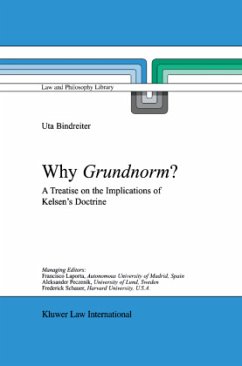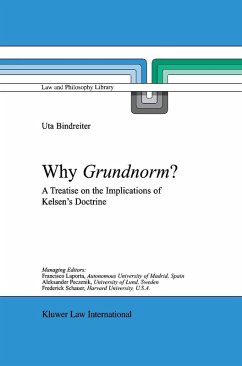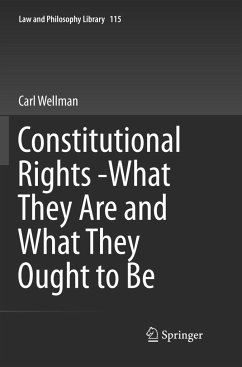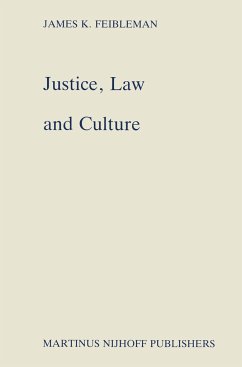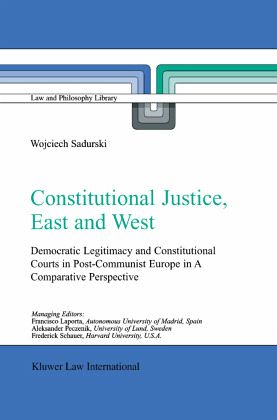
Constitutional Justice, East and West
Democratic Legitimacy and Constitutional Courts in Post-Communist Europe in a Comparative Perspective
Herausgegeben: Sadurski, Wojciech
Versandkostenfrei!
Versandfertig in 6-10 Tagen
151,99 €
inkl. MwSt.

PAYBACK Punkte
76 °P sammeln!
How can the power of constitutional judges to overturn parliamentary choices on the basis of their own reading of the constitution, be reconciled with fundamental democratic principles which assign the supreme role in the political system to parliaments? This time-honoured question acquired a new significance when the post-commumst countries of Central and Eastern Europe, without exception, adopted constitutional models in which constitutional courts play a very significant role, at least in theory. Can we learn something about the relationship between democracy and constitutionalism in genera...
How can the power of constitutional judges to overturn parliamentary choices on the basis of their own reading of the constitution, be reconciled with fundamental democratic principles which assign the supreme role in the political system to parliaments? This time-honoured question acquired a new significance when the post-commumst countries of Central and Eastern Europe, without exception, adopted constitutional models in which constitutional courts play a very significant role, at least in theory. Can we learn something about the relationship between democracy and constitutionalism in general, from the meteoric rise of constitutional tribunals in the post-communist countries? Can the discussions and controversies relating to constitutional review which have been going on for decades in more established democracies illuminate the sources of the strength of constitutional courts in Central and Eastern Europe? These questions lie at the center of this book, which focuses on the question of constitutional review in postcommunist states, from a theoretical and comparative perspective. The chapters contained in the book outline the conceptual framework for analyzing the sources, the role and the legitimacy of constitutional justice in a system of political democracy. From this perspective, it assesses the experience of constitutional justice in the West (where the model originated) and in Central and Eastern Europe, where the model has been implanted after the fail of Communism.





